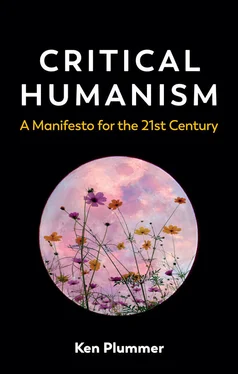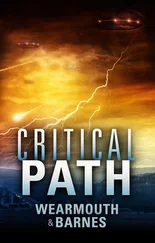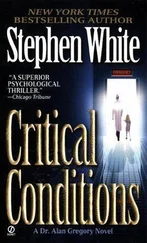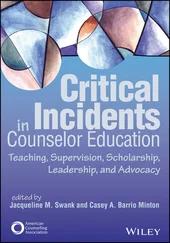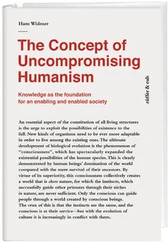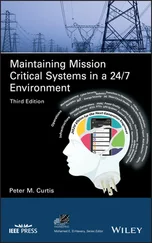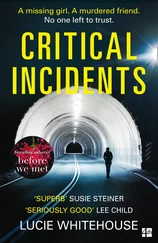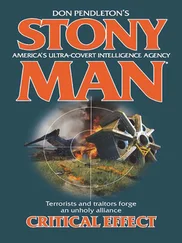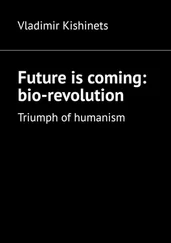Ken Plummer - Critical Humanism
Здесь есть возможность читать онлайн «Ken Plummer - Critical Humanism» — ознакомительный отрывок электронной книги совершенно бесплатно, а после прочтения отрывка купить полную версию. В некоторых случаях можно слушать аудио, скачать через торрент в формате fb2 и присутствует краткое содержание. Жанр: unrecognised, на английском языке. Описание произведения, (предисловие) а так же отзывы посетителей доступны на портале библиотеки ЛибКат.
- Название:Critical Humanism
- Автор:
- Жанр:
- Год:неизвестен
- ISBN:нет данных
- Рейтинг книги:5 / 5. Голосов: 1
-
Избранное:Добавить в избранное
- Отзывы:
-
Ваша оценка:
Critical Humanism: краткое содержание, описание и аннотация
Предлагаем к чтению аннотацию, описание, краткое содержание или предисловие (зависит от того, что написал сам автор книги «Critical Humanism»). Если вы не нашли необходимую информацию о книге — напишите в комментариях, мы постараемся отыскать её.
Critical Humanism In an age of post- and transhumanist turns, Plummer provides a personal, political and passionate call for thinkers, researchers and activists to
turn their backs on humanism. We need instead to create a vital new political imaginary of being human in a connected planet. We simply cannot afford to be anti-human or posthuman. Restoring our belief in humanity has never been more important for edging towards a better world for all.
